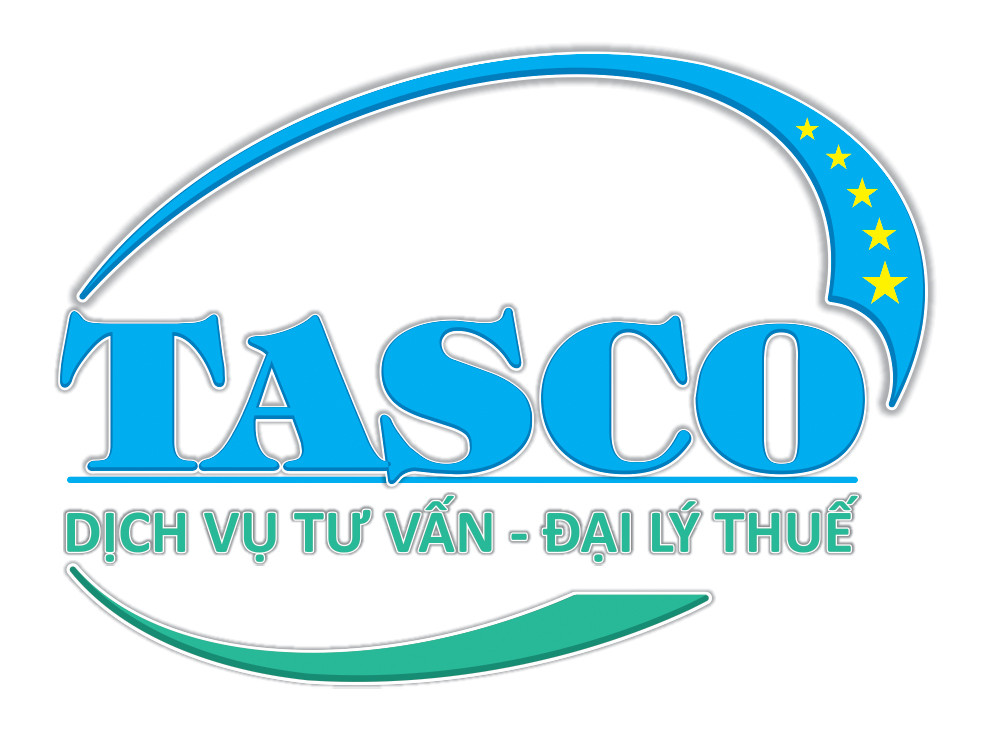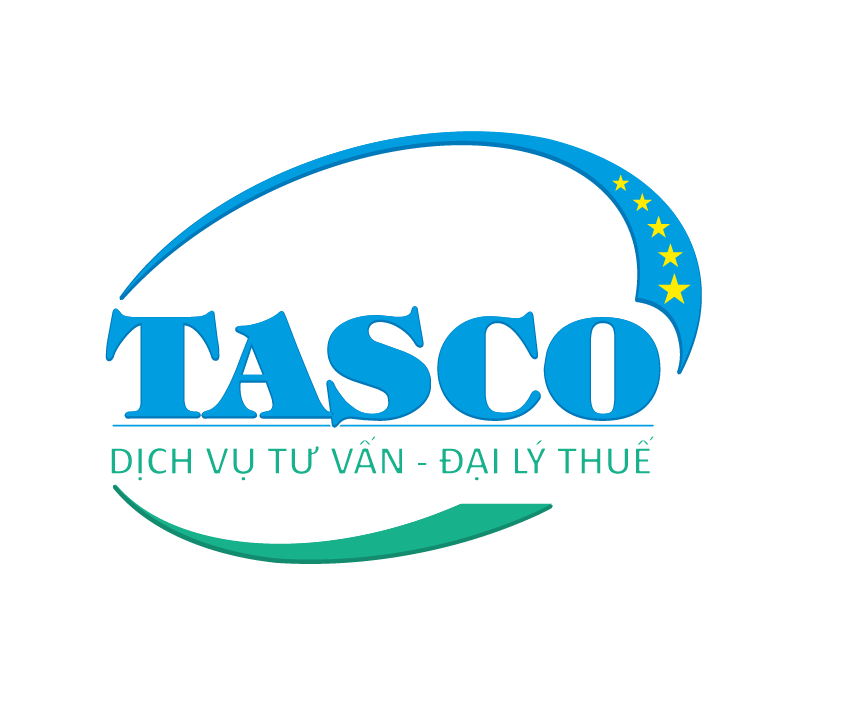Who can use e-invoices according to Decree 123/2020/ND-CP?
- 24/11/2021 14:54
Decree 123/2020/ND-CP, including 6 Chapters and 51 Articles detailed regulations on invoices and electronic documents Decree 123/2020/ND-CP was issued this time, detailing who is allowed to use electronic invoices. This regulation takes effect from July 1, 2022.
TASCO Tax agent would like to inform customers according to Decree 123/2020/ND-CP that has been issued, who will be required to use e-invoices in the article below!
In Clause 1, Article 13 of Decree 123/2020/ND-CP, the Government has stipulated that the use of e-invoices will comply with the provisions of Article 91, Law on Tax Administration No. 38/2019/QH14 .
1. The object use e-invoices with tax authority’s codes
⭐ Business households and individuals with a scale of revenue and labor that meet the highest standards in terms of micro-enterprises in accordance with the law on supporting small and medium-sized enterprises to implement the accounting regime and tax payment according to the declaration method and the cases in which the revenue can be determined from the sale of goods and services.
⭐ Enterprises and economic organizations shall use e-invoices with tax authorities' codes when selling goods or providing services regardless of the value of each sale of goods or provision of services, except for the case specified in Clause 1 of this Article. Clauses 2 and 4, Article 91 of the Law on Tax Administration 2019 (except for the case of using e-invoices without a code or with a code according to each generation).
2. The object use e-invoices without tax authority's code
The following enterprises are allowed to use e-invoices without tax authority's code when selling goods or providing services, regardless of the value of each sale of goods or provision of services, except for the case of high taxes risk and registration of using e-invoices with tax authority's code:
🍂 Enterprises doing business in the fields of electricity, petroleum, post and telecommunications, clean water, finance and credit, insurance, healthcare, e-commerce business, supermarket business, commerce, freight transport air, road, railway, sea, waterway.
🍂 Enterprises, economic organizations have or will conduct transactions with tax authorities by electronic means, build information technology infrastructure, have accounting software systems, electronic invoicing software and ensure the transmission of e-invoice data to buyers and to tax authorities.
3. The object use e-invoices with codes according to each time they are generated
Pursuant to Clause 4, Article 91, Law on Tax Administration No. 38/2019/QH14
🍃 Business households and individuals do not satisfy the conditions to use e-invoices with tax authority's code in the above 02 cases but need invoices to deliver to customers or in the case of enterprises, economic organizations approved by tax authorities to issue e-invoices for delivery to customers may be issued e-invoices with code by the tax authority each time they arise.
Note: However, business units, in this case, must pay attention to paying tax before being issued an e-invoice by the tax authority each time they arise.
4. Format regulations for e-invoices
🌙 The e-invoice format is the technical standard for the type of data, length of data of information fields serving transmission, storage, and display of e-invoices. E-invoices shall be XML (extensible Markup Language)
🌙 The data of an electronic invoice consists of two components: information about the transaction and the digital signature. Authenticated e-invoices shall also contain the data of the tax authority’s code.
🌙 The following requirements must be met when organizations and enterprises selling goods or providing services directly transmit data to tax authorities:
- Connect to the General Department of Taxation via a separate channel or MPLS VPN Layer 3, including 1 main channel and 1 backup channel. Each channel has a minimum bandwidth of 5 Mbps.
- Use an encrypted Web Service or Message Queue (MQ) for connection.
- Use Simple Object Access Protocol (SOAP) to compile, transmit and receive data.
Note: Contents of e-invoices shall be fully and accurately displayed, ensuring readers can read them with electronic devices.
TASCO - Tax agent responsible for all service
TASCO - Give trust - get value
Please contact TASCO for a free consultation:
Hotline: 086.486.2446 - 0975.08.68 (zalo)
Website: dailythuetasco.com hoặc dichvutuvandoanhnghiep.vn






Comment
main.comment_read_more